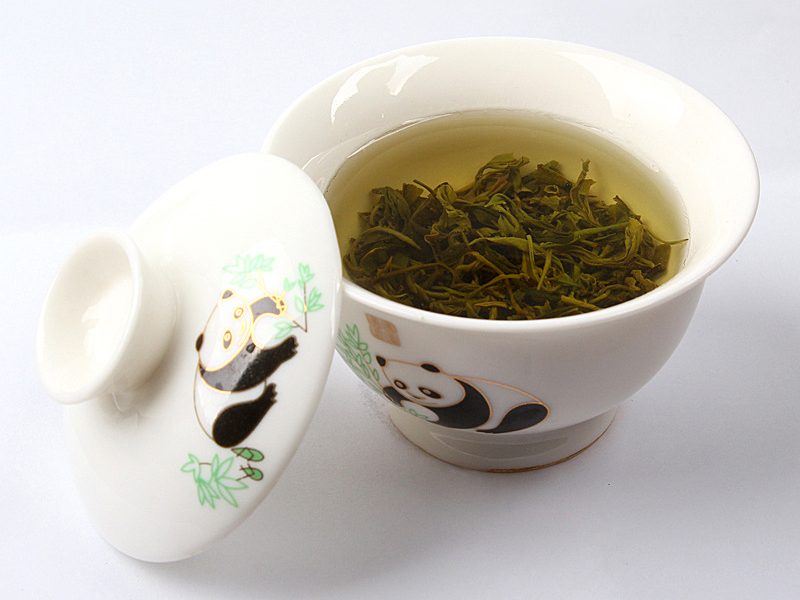
The study was led by Assistant Professor Feng Lei who says that “despite high quality drug trials, effective pharmacological therapy for neurocognitive disorders such as dementia remains elusive and current prevention strategies are far from satisfactory. The data from our study suggests that a simple and inexpensive lifestyle measure such as daily tea drinking can reduce a person’s risk of developing neurocognitive disorders in real life.”
The long-term study collected data from 2003 to 2005 as a baseline and compared this to the number of incident cases of neurocognitive disorders from 2006 to 2010. The seniors were all cognitively intact at baseline. Participants who regularly consumed tea showed a 50 percent lowered risk of developing dementia, while APOE-e4 carriers had a 86 percent reduced risk of cognitive impairment.
This held true regardless of the variety of tea that was consumed, whether green, black, or oolong. The neuroprotective quality of the tea is found in the leaves which have “bioactive compounds...such as catechins, theaflavins, thearubigins and L-theanine,” says Dr. Feng. “These compounds exhibit anti-inflammatory and antioxidant potential and other bioactive properties that may protect the brain from vascular damage and neurodegeneration.” (Related: Green Tea and Breast Cancer Prevention: What the Experts Say.)
Researchers of the study caution that more research is required, particularly on a global scale. However, they assert that “while the study was conducted on Chinese elderly, the results could apply to other races as well. Our findings have important implications for dementia prevention.”
These findings were published in the Journal of Nutrition, Health & Aging.
Other benefits of tea
Developing a daily tea habit can protect your heart as well. One study linked adequate tea consumption with a 35 percent reduced risk of a cardiovascular condition. The flavanols in the tea prevent plaque from forming around arteries and blood vessels. Calcium deposits in coronary arteries are linked to an increased possibility of heart disease and stroke.
Dr. Elliot Miller of Johns Hopkins Hospital in Baltimore said: “Tea drinkers had a decreased progression of coronary artery calcium and a decreased incidence of cardiovascular events.” However, he warns that “this is an observational study, and we can’t say for sure it was the tea or just the healthier lifestyle of the tea drinkers.”
Still, numerous other studies point to the positive health benefits of tea. A 2001 study linked tea with blindness protection. Consuming large amounts of black or green tea can strengthen eye tissue and prevent cataract development. The active compounds in tea also lower inflammation in all parts of the body. Wellness experts and health professionals note that chronic inflammation in the body is associated with several debilitating diseases such as arthritis, depression, and hypertension.
Not only does drinking tea help prevent diseases from occurring, it promotes healthy body processes, too. Scores of research prove that a combination of L-theanine and caffeine -- both found in rich amounts in tea -- improve memory and reaction time. Tea can also increase focus and concentration.
Tea drinkers are typically healthier overall. A 2012 study showed that people who drink tea tend to practice better lifestyle habits and followed a healthier diet. Data from 50 participating countries in the World Health Survey was collected. An impressive 81 percent of black tea drinkers showed a decreased risk of diabetes and other endocrine disorders. Again, it must be noted that other factors may have come into play, but researchers note that there is no harm in integrating this beverage into one’s diet.
Sources include:
Please contact us for more information.























